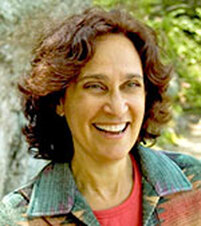 History happens everywhere—even your own backyard. Have you ever heard of Carrie Chapman Catt? From 1919-1928 Carrie lived in a house near mine called Juniper Ledge. She was a suffragist, one of many who fought for women’s right to vote. Without her, the Nineteenth Amendment to the U.S. Constitution, which gave women the vote, might never have been approved. Born in 1859 and raised in Iowa, Carrie got an early lesson in politics when she asked why her mother wasn’t voting in the 1872 presidential election. Everyone laughed, but not Carrie. She thought it unfair that women couldn’t vote—and wasn’t afraid to say so. In college Carrie joined a literary society. Women were forbidden from speaking during meetings. After Carrie spoke at a debate, the rules were changed to allow women’s participation. A woman of many “firsts,” Carrie worked as a teacher after graduation and became one of the first female school superintendents in the country. After marrying she moved to San Francisco. When her husband died she supported herself by working as that city’s first female newspaper reporter. Back in Iowa, Carrie joined the Iowa Woman Suffrage Association, part of the National American Woman Suffrage Association (NAWSA), led by Susan B. Anthony. Carrie’s rousing speeches brought her national attention. When Susan retired, Carrie became NAWSA’s president, leading suffrage campaigns all over the country and supervising a million volunteers. Carrie’s “Winning Plan” for the vote worked on both state and federal levels. She supported President Woodrow Wilson’s efforts in World War I, even though she was a peace activist. She knew if Wilson backed women’s suffrage, Congress would vote for it. And that’s exactly what happened. Carrie’s activism didn’t stop at the U.S. border. As founder and president of the International Woman Suffrage Alliance, she advocated for democracy and women’s rights on four continents. She also founded the League of Women Voters to educate women on political issues, worked for world peace, and campaigned against child labor and Hitler’s treatment of Jews. When the Nineteenth Amendment was approved in 1920, Carrie was living at Juniper Ledge. There she nailed plaques to trees in honor of women who fought for the vote. Juniper Ledge still stands, right down the street from the park where today kids play ball. Who knows what other people, places and stories from the past they may find in the neighborhood? 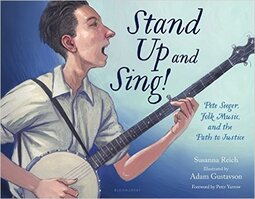 Susanna Reich lives in New York's Hudson River Valley, where her interests in social activism and local historical figures led her to write Stand Up and Sing!: Pete Seeger, Folk Music, and the Path to Justice. She received the 2018 Rip Van Winkle Award for Outstanding Contributions to Children’s Literature.
0 Comments
Leave a Reply. |
Traffic for our summer Minutes are ticking up.. |

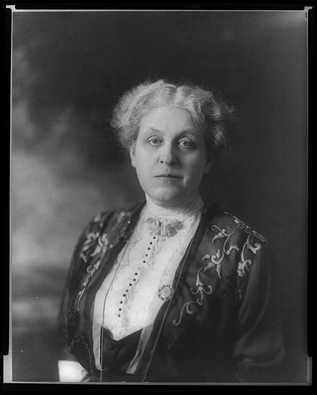
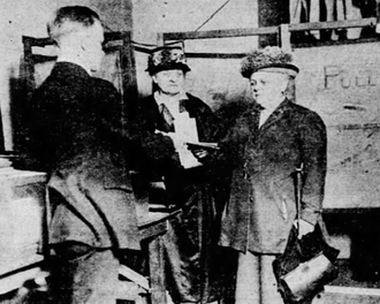
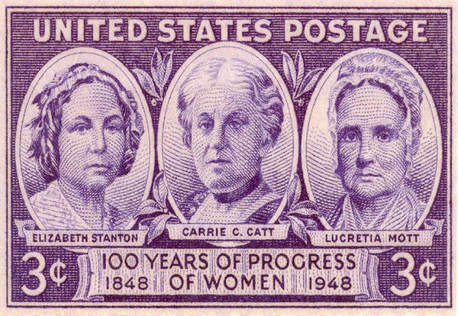
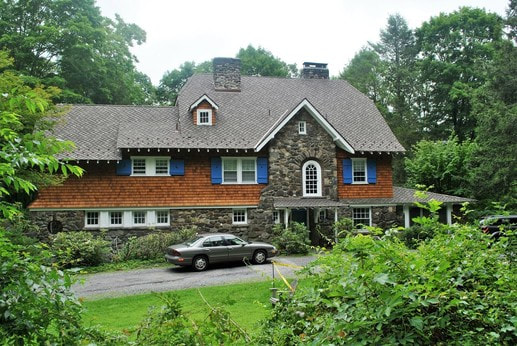
 RSS Feed
RSS Feed
